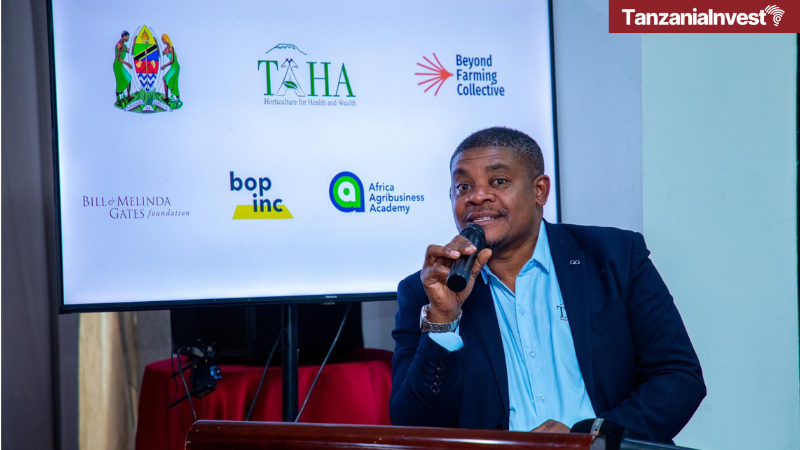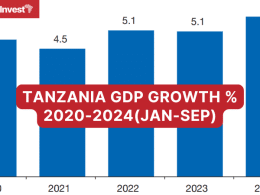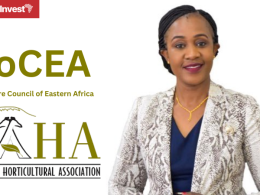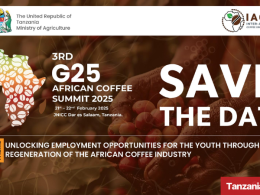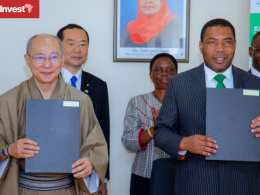The Bill and Melinda Gates Foundation through the Beyond Farming Collective (BFC) program and the Tanzania Horticulture Association (TAHA) launched the Farm to Market Efficiency Project on August 29th, 2024.
This initiative designed to transform Tanzania’s horticulture subsector, is backed by a USD 350,000 grant from the Bill & Melinda Gates Foundation and is set to run from August 2024 to October 2027. It aims to enhance marketing infrastructure and address critical needs in Tanzania’s northern regions of Arusha and Kilimanjaro.
The Farm to Market Efficiency Project will focus on upgrading TAHA’s shared facilities, incorporating advanced post-harvest technologies, and improving the market access for smallholder farmers, transporters, and farm assessors.
The main components of the projects include enhancing the Tengeru packhouse to process 16 metric tons and store 10 metric tons, adding a cafeteria, and expanding into new value chains such as avocado and banana.
Others are capacity expansion, which will involve increasing the Himo Collection Center’s processing capacity to 8 metric tons and storage to 6.5 metric tons, installing fencing, and diversifying into snow peas and ginger.
Post-harvest innovations involve implementing solar coolers and providing climate adaptation training for farmers and Market Expansion consists of opening new markets in China and Europe and improving contract-farming efficiency.
Also, technological integration involves facilitating access to advanced post-harvest management technologies, including mobile solar coolers and upgraded pack-house facilities.
This project aims to solve key constraints by providing real-time market information and essential post-harvest data through TAHA’s TARIC (TAHA Research and Information Center) platform. It will also focus on reducing post-harvest losses and improving horticultural value chain integration.
The implementing partner BFC comprises Bopinc, the Africa Agribusiness Academy (AAA), KIT-Royal Tropical Institute, TAHAFresh Handling Ltd, and GreenCert Ltd.
At the project’s launch, the Impact Manager of BFC Grace Mhina expressed excitement about the project’s impact on small-scale farmers in Arusha and Kilimanjaro.
She also noted that TAHA’s track record was instrumental in the Gates Foundation’s decision to invest in Tanzania’s horticultural subsector.
Tanzania’s Horticulture Sector
Horticulture is one of the fastest-growing industries in Tanzania’s agricultural sector, with an annual growth rate of 9-12%. The industry earned the economy nearly USD 418 million in 2023, up from USD 290 Million in 2022.
The government has developed a strategy that aims to spur the horticulture industry’s growth and enable it to earn the economy at least USD 2 Billion annually by 2030.





